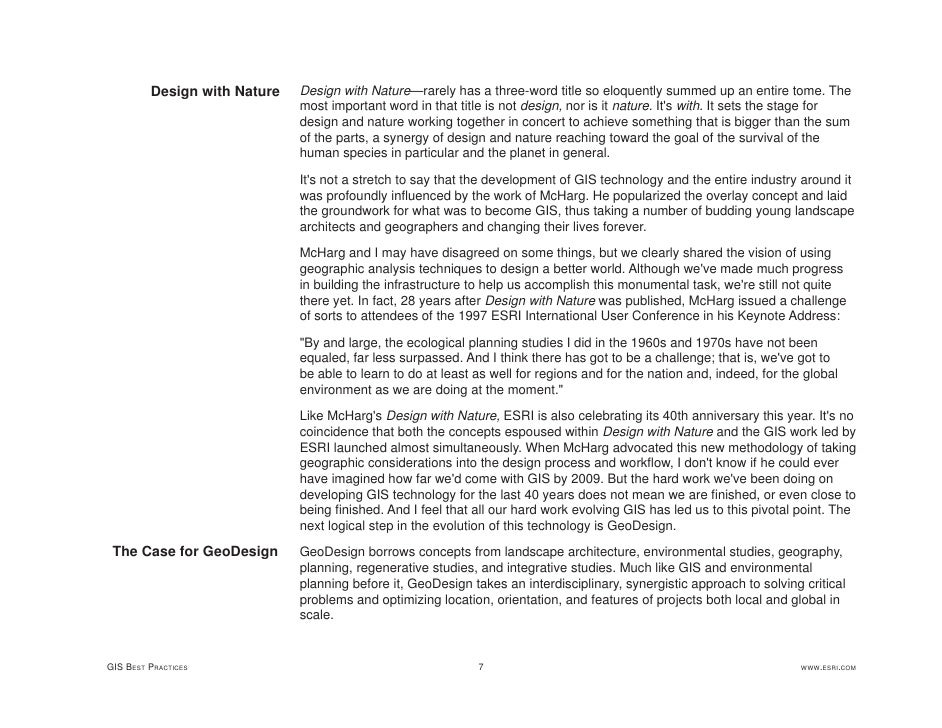Importance and Benefits of Energy Conservation.
Management of the human use of natural resources to provide the maximum benefit to current generations while maintaining capacity to meet the needs of future generations. Conservation includes both the protection and rational use of natural resources. Earth's natural resources are either nonrenewable, such as minerals, oil, gas, and coal, or.
Conserving natural resources We conserve natural resources because of their natural beauty and cultural importance; however, in present time's human activities has increasingly destroyed the environment. The concepts of urbanization have eroded the natural process. If we do not preserve our natural resources, we are going to lose the entire ecosystem. There will be no rain, increased soil.

Conservation of resources is the ethical use and protection of valuable resources, such as trees, minerals, wildlife, water and others. It focuses on maintaining the natural world in order to protect the sources of resources. The Earth has several natural resources, including oil, water, gas, animals, minerals, soil and air.

Conserving natural resources is an important landmark to achieve for the world. To find out some ways of doing so, read the following article. Conserving natural resources is an important landmark to achieve for the world. To find out some ways of doing so, read the following article. Natural resources are actually nature’s gift to man to.

Importance Of Energy Conservation: Energy conservation plays a significant role of lessening climate change. It helps the replacement of non-renewable resources with renewable energy. Energy conservation is often the most inexpensive solution to energy shortages, and it is more environmentally kind alternative to increased energy production.

Essay 3 (500 words) Conservation of nature refers to the conservation of all those resources that are formed naturally without any kind of help from human beings. These include water, air, sunlight, land, forests, minerals, plants as well as animals. Together, all these natural resources make life worth living on Earth. Life would not be.

This lesson will explain what the conservation of energy principle is and why it matters, using some real-life examples of how it works in our.

Natural resources, especially water and soil, are essential for the function and structure of agricultural production systems and for the overall social and environmental sustainability. Agriculture accounts for roughly 70% of total freshwater withdrawals globally. Farming also contributes to water pollution from nutrient and pesticide run-off.

Conserve definition is - to keep in a safe or sound state; especially: to avoid wasteful or destructive use of.. although difficult to make, will ultimately conserve resources, personal protective equipment, and ensure the safety of employees who will be sheltered in place during furloughs.. a short essay or a video presentation on.

To conserve natural resources, consider the resources that are within control. Natural gas is used in heating buildings and water. One could reduce natural gas consumption by limiting hot water use or keeping the temperature of their home cooler in the winter. Investing in a hybrid car is an economically beneficial and environmentally sound way.

Top 10 Reasons why we need to conserve resources. conserve resources. Land, raw materials and fossils are our natural resources. They developed into their full form when left untouched by human beings in the shade of nature.

Natural resources can be defined as the resources that exist (on the planet) independent of human actions. These are the resources that are found in the environment and are developed without the intervention of humans. Common examples of natural resources include air, sunlight, water, soil, stone, plants, animals, and fossil fuels.

Definition of energy conservation in the Definitions.net dictionary. Meaning of energy conservation. What does energy conservation mean? Information and translations of energy conservation in the most comprehensive dictionary definitions resource on the web.



